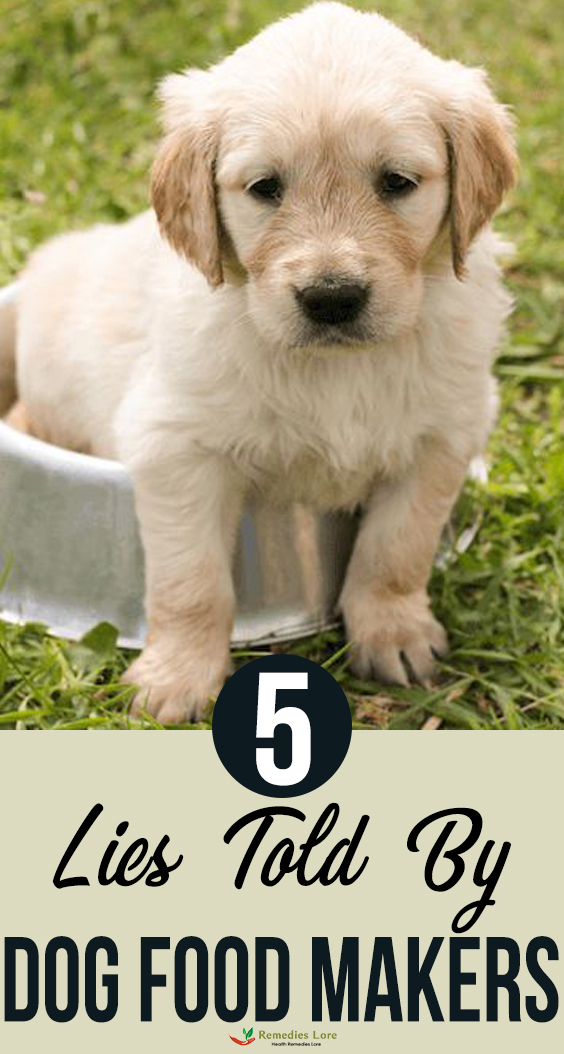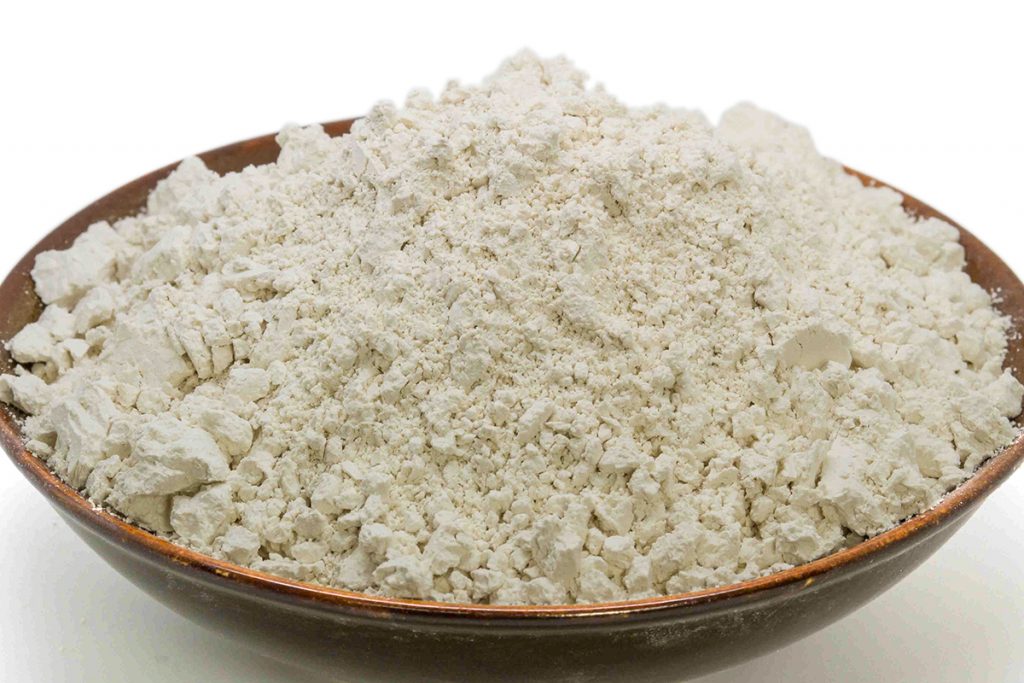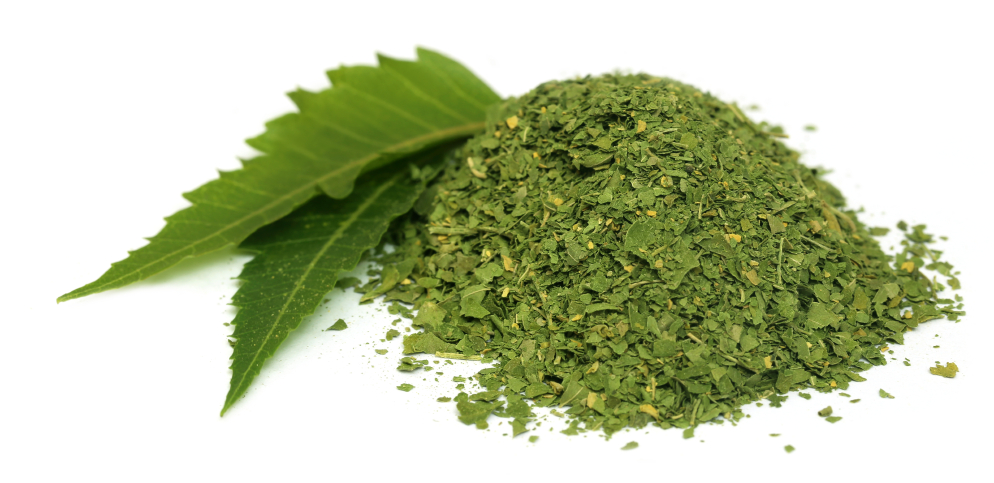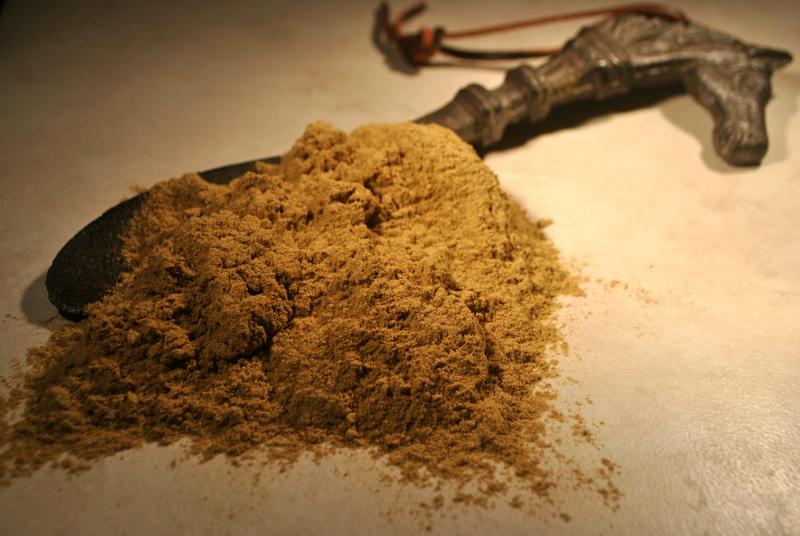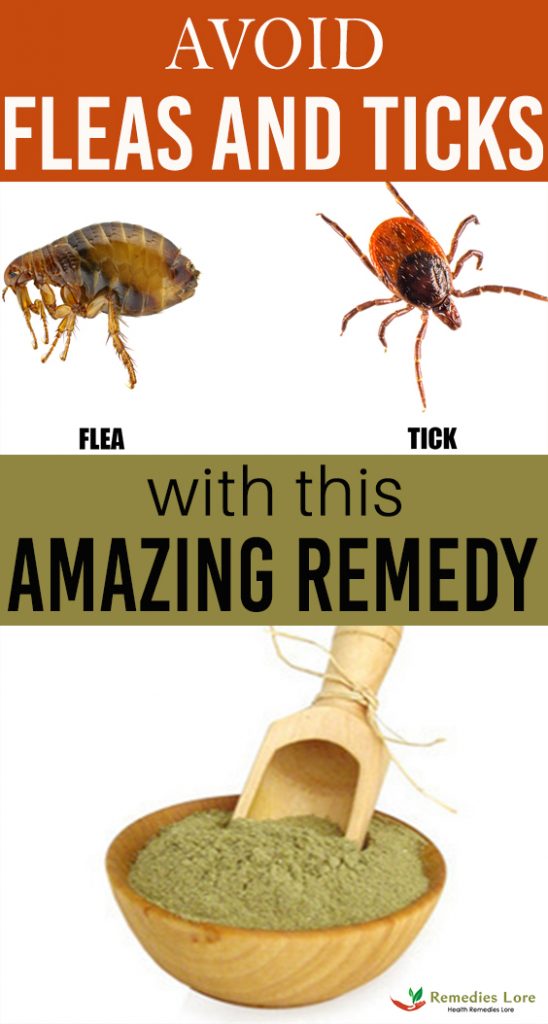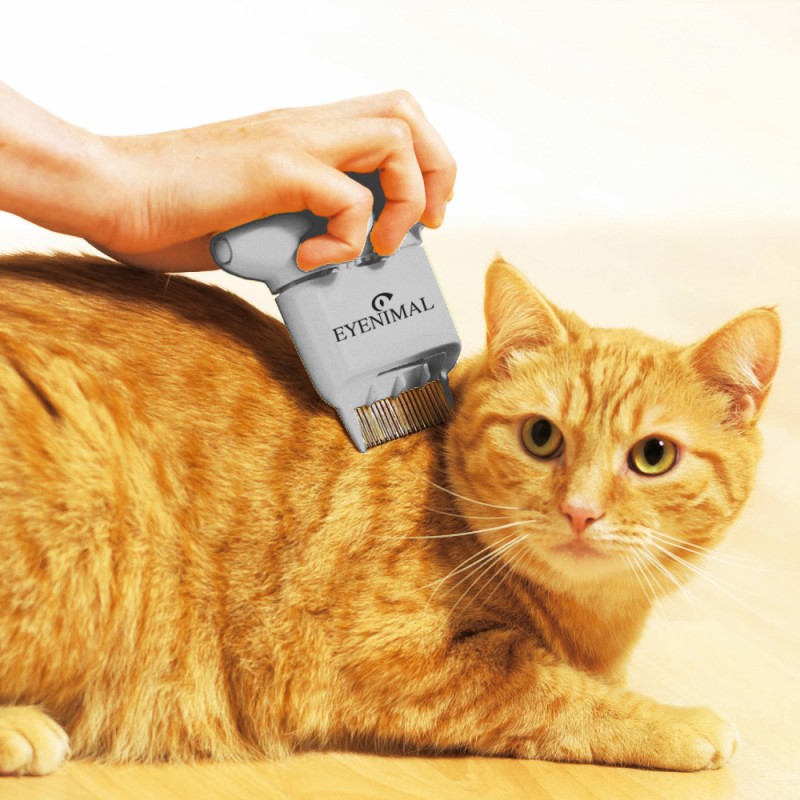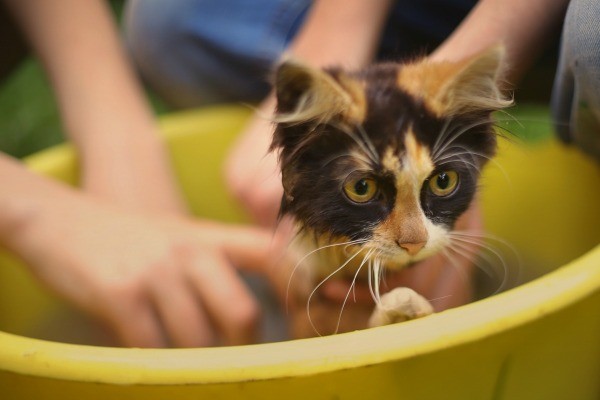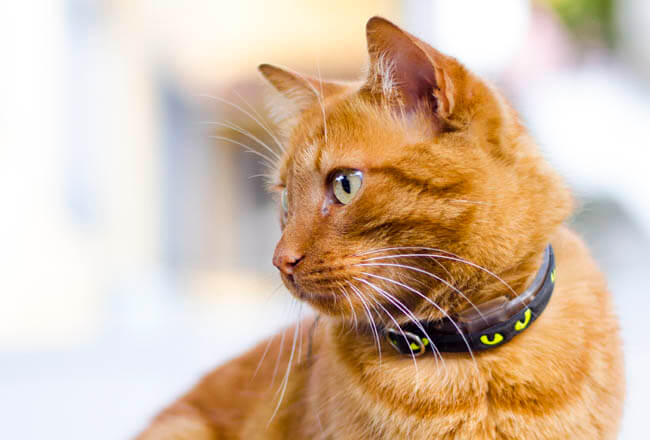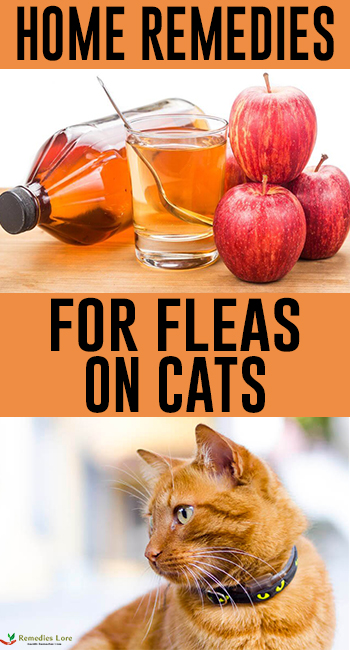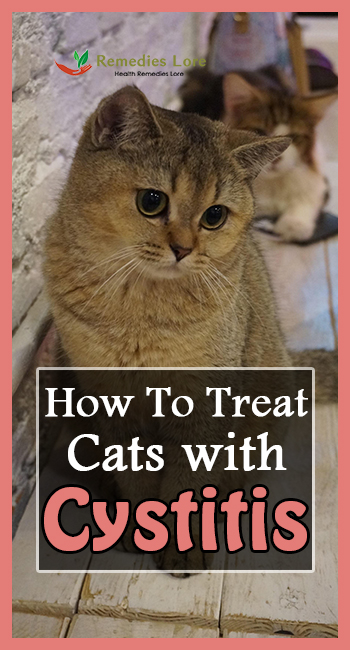In this fast moving world, everyone needs to be smart and intelligent in order to run their business and reach the heights of success. Even the marketing strategies need to be smart enough so as to attract the potential buyers.
Dogs are considered as the best friend of humans and they do require much attention and care as humans do. When it comes to feeding your dog, you are very much particular of the diet they take and check the ingredient label carefully before making purchase.
Many pet food manufacturers fool us with the labeling and the ingredients and force us to continue with their product. The shocking truth about the dried, tinned and processed pet food is that it can harm your pet and even make them serious or fatal.
Here we are going to know about the possible secrets pet manufacturers try to squeeze past and you may not even notice that.
Lies Told By Dog Food Makers
1. Made With Human Grade Ingredients
Pet food manufacturers often use the term ” made with human grade ingredients”, but the finished product is NOT human grade at all. The ingredients used in making the product is basically fit for the humans to consume it, but when it reaches the pet food plant, it gets processed according to the regulations of feed grade product in a way that it is no more in a position to be consumed by humans and cannot be called as “human grade” any longer.
2. Organic
The word organic is another marketing strategy used in order to attract the customers, but the fact is that there is no formal definition of organic pet food. Organic means food that is made without the use of chemicals. Organic food of pets is based on humans standards, but these human standards may not apply to pets as well. These are all eye catching claims made to market the product.
3. Holistic
Holistic is another term which is mentioned on the dog food labels in order to attract the dog parents and this works in their favor. There is no legal requirement for something to be called as holistic on pet food products.
4. First Ingredient
The first ingredient which is mentioned on the pet food label may not necessarily be the primary ingredient. If the first ingredient mentioned is 75 percent meat, then this does not mean it is true. The food needs to be dried and processed as a result the meat content will end up to 10 percent.
5. Made With
Don’t get fooled if the pet food label reads, ‘made with’ so and so, this means only three percent of that content is present in the food. This can be organic meat, real meat or anything else.
